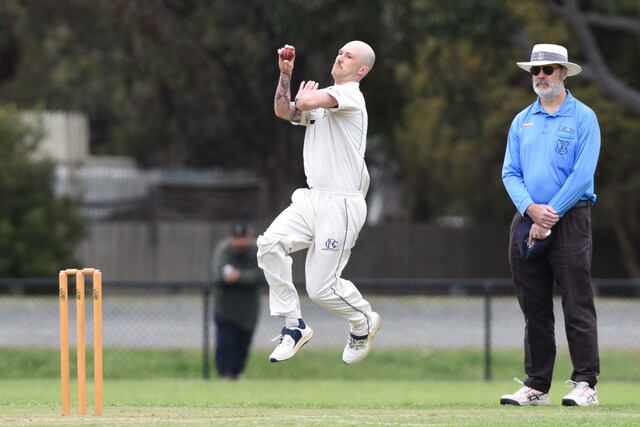Undergoing assisted reproductive treatment is no easy feat for women and their partners.
There’s the financial cost, which is often prohibitive.
There’s the physical and emotional toll of ongoing treatments, and the rollercoaster of emotions, from hope to disappointment, often multiple times over.
And there’s the discomfort and embarrassment that many women feel over not being able to conceive as easily as their friends.
But in a win for women and their families, one barrier has now been removed by the State Government: the need for patients to undergo a police check to determine their eligibility for treatment.
This week, the State Government passed the Assisted Reproductive Treatment Amendment Bill 2020 which removes that requirement for women undergoing fertility treatments.
It’s a move that has been celebrated by Gabrielle Williams.
The Member for Dandenong has been undergoing various forms of assisted reproductive treatment since 2016, all of which have so far been unsuccessful.
In a Facebook post on Friday 5 June, Ms Williams described the police check as “embarrassing and demeaning” and coming at a time when she already felt “pretty low”.
Ms Williams told the Journal that being asked to complete the check was “pretty confronting”, and that her inbox had been flooded with messages from other women who could relate to her post on the issue.
“For all of us, we’re looking at friends and family conceiving naturally and thinking, ‘they didn’t have their fitness to be a parent questioned in such a formal way’.
“Why should we, simply due to our infertility, which is something that we can’t control?”
The removal of the police check requirement comes after Michael Gorton’s review into assisted reproductive services reported in 2019 that many people undergoing treatment had concerns about the checks.
In addition, Ms Williams said, people undergoing treatment have to pay for the checks themselves – adding to the immense cost of treatment.
She said that now that Victoria’s child protection legislation and landscape had been improved and enhanced, police checks prior to treatment had been made redundant.
Monash IVF Group medical director Professor Luk Rombauts also welcomed their removal.
“The removal of police and child protection checks is fantastic news for our patients,” he said.
“Monash IVF has been lobbying for this change and welcome the Victorian Government’s recognition of the discrimination that patients felt when undergoing fertility treatment.”
Ms Williams said the State Government is still working through the Gorton report’s recommendations.
In particular, she wants to see the option of public IVF pursued, as the expense of IVF means it’s out of reach for many potential parents.
“As it currently stands, an IVF cycle can cost $15,000. It should be available to all people regardless of their financial circumstances,” she said.
She believes the stigma around IVF and other types of assisted reproductive treatment is slowly lifting as the processes become more common, and families begin to share their experience more openly.
“Most of us know someone who’s gone through it. I made a conscious decision to be open about it,” Ms Williams said.
“Only through this enhanced knowledge can we be more accommodating.
“The only way to trigger cultural change and understanding is if people talk about their experience and what it involves and it becomes more commonly understood in workplaces and society.”
The Assisted Reproductive Treatment Amendment Act 2020 will come into effect on 8 July 2020.







